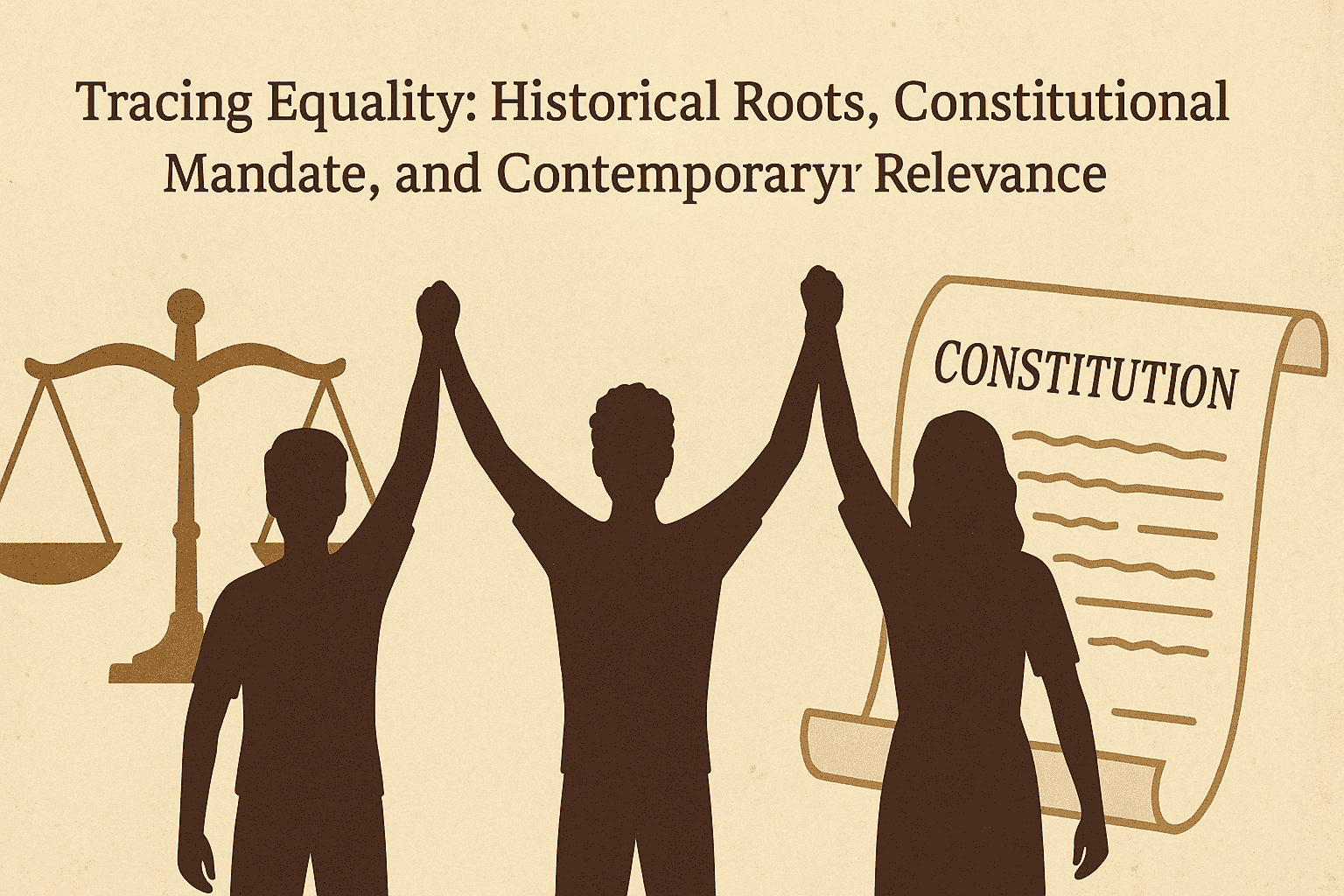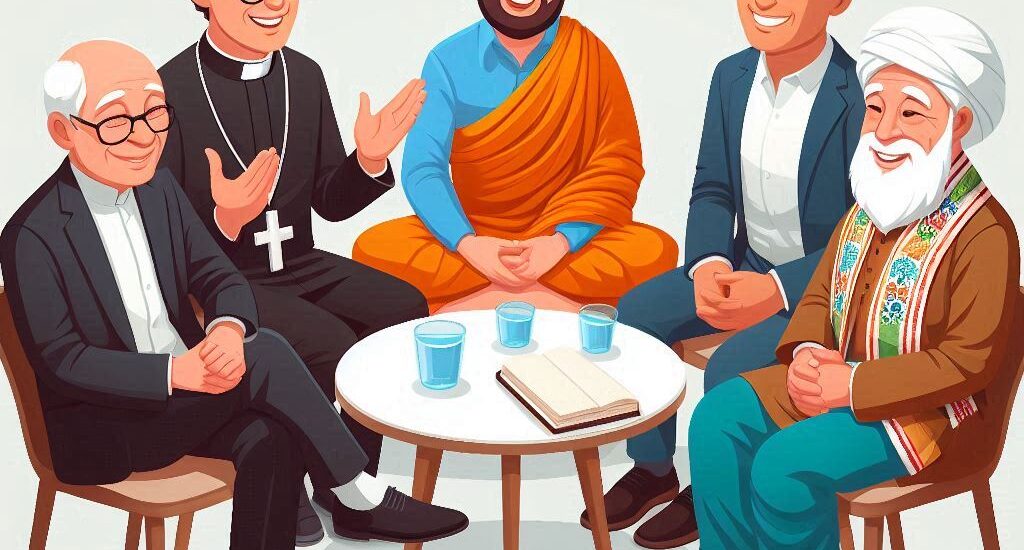



I am writing this opinion-based article on the topic of politics and religion. From the last few years I have noticed the change of mindsets around me. I want to speak on this topic so I can share my thoughts and spread awareness among youngsters.
‘Is India a Secular Country?’ For the last 7 decades, India has been respecting the word ‘SECULARISM’ written in our Indian Constitution which means treating and respecting every religion equally and providing equal facilities to all the citizens of India. But today politics disrespect that word openly and loudly. They are using particular religions to campaign their propaganda whether it is an election or addressing any program for people’s support. The involvement of religion in Indian politics has become a complex and contemporary issue, as youths and the upcoming generation are negatively influenced by this propaganda.
This era is called the digital era, where everyone is connected to everyone, and internet excess and social media are basic necessities. Nowadays people believe what they see or read on social media without any background check of the facts and this is the best way to target the maximum audience. Let’s discuss how all small aspects affect our youth and the development of our nation.
The Representation of People Act, 1951 (RP Act) is the basic law governing Indian elections in India. Section 123(3) of the RP Act forbids the candidates or the supporters from using appeals based on religion, race, caste, community, or language to gain votes and Section 123(3A) restricts the spreading of hatred or enmity between different groups during elections.
The Model Code of Conduct (MCC) also looks after the problem of religion during elections. It states that no party or candidate shall indulge in any activity that may affect existing differences and create mutual hatred between different communities or religions. It also restricts the use of the place of worship for political propaganda.
The Supreme Court of India also focused on this issue, supporting the constitutional idea of Secularism.
In the landmark case of Abhiram Singh vs C.D. Cammachen (2014), the court held that the use of religion, race, caste, community, or language to secure votes represents corrupt electoral conduct under the RP act.
As citizens of India, we have seen a concerning change in the goals and methods of our political parties and leaders. Many of us believe that our political leaders would work hard to provide us with basic necessities like food, shelter, healthcare, and sanitation. We had expected that they would handle the current challenges of poverty, unemployment, infrastructure development, and more. However, it looks like our leaders are more interested in diverting the people’s attention and influencing the youth by making promises to protect specific religions, temples, or mosques and by providing selective rights and benefits.
This Strategy of targeting and manipulating the religious beliefs of different communities is extremely problematic. It is creating differences and spreading hatred among our people, sometimes leading to riots. Our youth, who are the future of our nation, are being influenced by these dividing methods rather than being encouraged to contribute to India’s genuine success and development
It is difficult to see that, in the year 2024, Indian politics has fallen behind by nearly a century, everything appearing to be focused on religion rather than addressing our county’s genuine and serious issues like terrorism, naxalism, unemployment, farmer hardship, corruption, and women’s safety are all ignored, while political parties use religion as a tool to get votes.
Political parties should focus on their basic responsibility of serving the nation and handling the nation’s important issues. Promoting religious belief should be left to religious leaders, priests, and spiritual advisors. Our elected leader must prioritize the welfare and growth of all citizens regardless of their religious community, and work towards making India a true “Vishwaguru” (World leader) in the coming years. This can be achieved by:
Involving citizens from diverse backgrounds in the policy-making process.
Promoting mutual respect and understanding among people of different cultures, communities, or religious backgrounds.
Prioritizing education so that citizens can take sensible decisions and actively participate in the democratic process
Empowering citizens to participate in the democratic process, make representatives accountable, and be involved in meaningful discussion
Working together and prioritizing development India can become a true Vishwaguru, succeeding in every field.
The concerning shift in Indian politics, where religious beliefs are prioritized over solving the country’s current issues and challenges, is seriously concerning. Political parties must remember that their responsibility is to serve the people and to work towards the nation’s progress and development, not to divide it along religious lines. The way forward, instead of exploiting religion as a political weapon, our elected leaders should focus on important issues India is facing. They should leave the promotion of religious beliefs to the appropriate leaders and work towards making India a true ‘Vishwaguru’ by prioritizing the welfare and development of all citizens.
https://www.thehindu.com/news/national/on-campaigning-in-the-name-of-religion-explained/article67992053.ece (June 3, 14:30) [The Legal Framework]